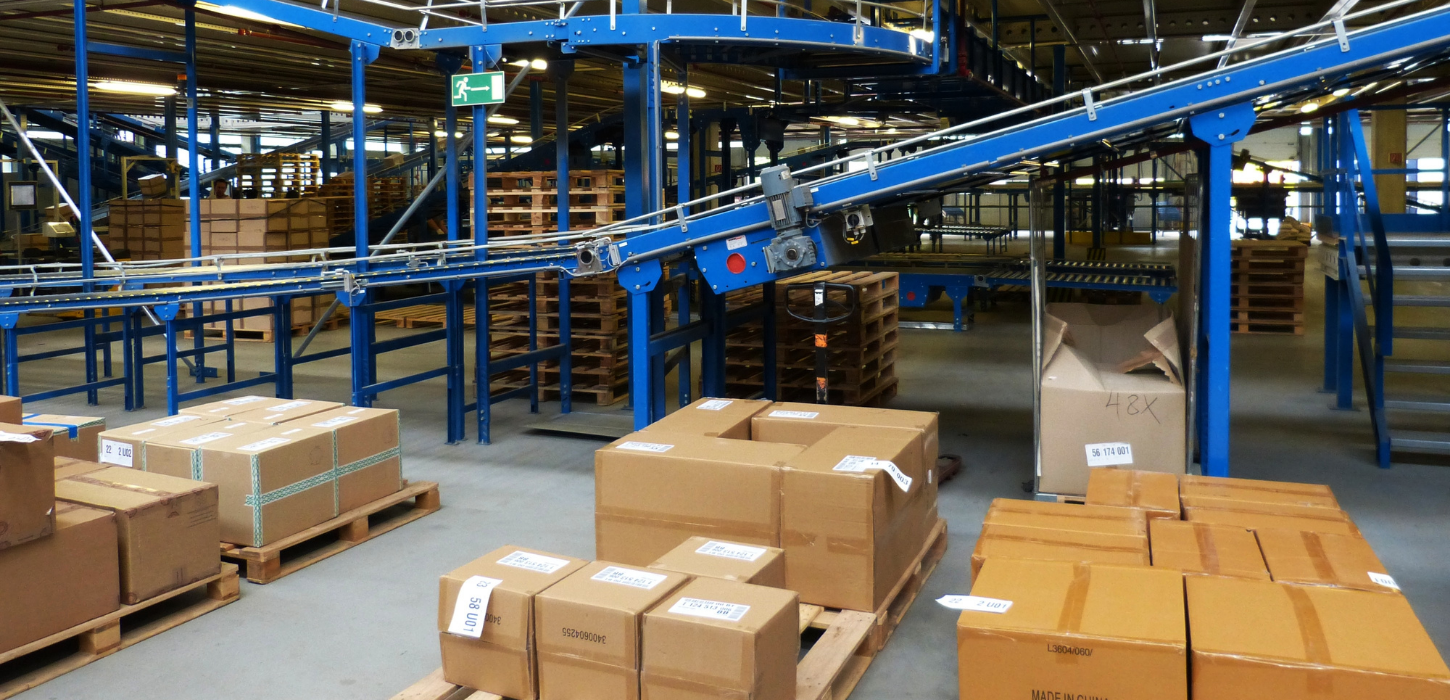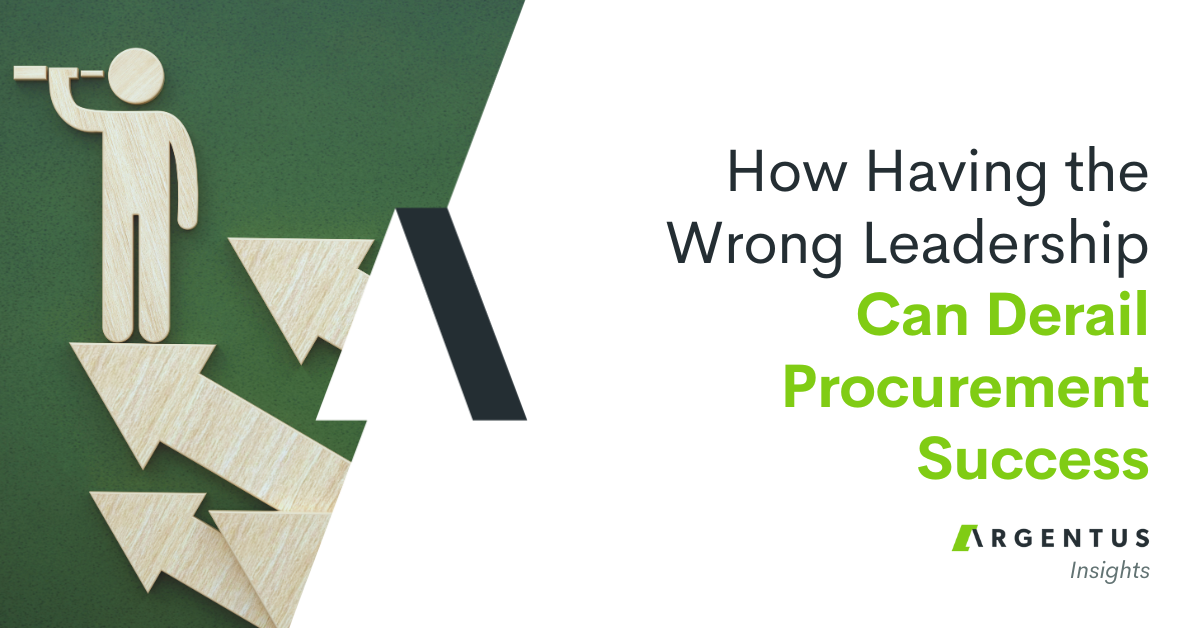Time was, Supply Chain Management was seen as a back-office profession. People tended to rise from shop floors and warehouses into management roles and eventually – for the most high-performing individuals – Senior Director and C-Suite positions. It’s always been one of those fields that people “fall into.” Once they found themselves in a Supply Chain or Procurement job, people tended to look around and see how important it was to the business. They’d experience the fast pace, see the immense ten-dimensional puzzle involved in getting a product to market, the global scope, and be hooked.
It used to be a truism that no teenager decides that they want to get into Supply Chain, even those who had their sights set on the corporate world and not other paths like medicine or law. Supply Chain used to be the kid brother to other, more “glamorous” corporate functions like marketing and finance: misunderstood, transactional, and frankly thankless work.
No longer.
In 2018, Supply Chain Management is a key market differentiator for companies in industries as diverse as consumer goods, retail, pharmaceutical, manufacturing, you name it. Supply Chain skills have never been in more demand in the corporate word, and the work has never been more interesting. Many of the top companies in the world are waging a constant war for Supply Chain talent, with baby boomers retiring and strong economic growth driving demand. Young people are starting to wake up to the huge amount of opportunity in the field.
At the same time, companies are increasing educational requirements, which makes sense: today’s Supply Chain professionals need to be well-versed in data analysis, presentation skills, negotiation skills, project management skills, as well as the know-it-when-you-see it overall skill of “business acumen.” In our recruitment practice, we’re noticing that more clients are requiring a university degree as a hard-and-fast requirement for jobs.
The requirement often ends there. “A degree.” Which means that there are lots of educational avenues aspiring Supply Chain professionals can take to set themselves apart from the competition. But it can be daunting: should you do an Engineering degree with a focus on Industrial Engineering? Should you do a business degree? A liberal arts degree and then an MBA? Or should you forgo a formal degree and pursue certifications like CSCMP and APICS from industry associations?
It depends. It’s hard to arrive at a definitive answer. Why is that?
- Individual career objectives vary. For example, someone who wants to pursue a career in sourcing and Procurement will probably be better served by a business degree than an engineering degree. And someone who’s interested in Production Planning, Supply Planning, and/or Demand Planning is probably best served by a STEM degree that features a lot of quantitative analysis.
- Educational options vary. More schools are offering Supply Chain specialties as part of MBA programs, as well as at the undergrad and college levels. More traditional programs (engineering, business, etc.) are taking steps to prepare students for careers in Supply Chain Management. But options for programs vary based on geography and the grades that any one candidate brings to the table.
That said, we still think it’s worthwhile to give some tips for people exploring their education options in the field. So we put the question to our network of established Supply Chain professionals to see what they had to say.
Here are some of the more insightful responses:
“Engineering degree with focus in database structures and statistics can equip one with the required skills for this domain. Presently all SCM jobs require one to be able to work with ERP systems so it is nice to have understanding about the underlying concepts.”
“The easiest that I can think of is Industrial Engineering which is a mix of Engineering/Mgt/commercial/statistics subjects. My degree in IE was a sound base to launch me into a SC/Logistics career. Then top it off with a certification after gaining some work experience. Certifications without some work exposure may turn to be useless. Certifications should be a source of validation of what you know in the discipline. I do hear there are schools/community colleges these days offering SC/Logistics as a degree. In all, any course that exposes and builds a person’s critical thinking skills is ok to get into supply chain.”
“Best degree would be to start working in a warehouse. Try some scheduling work also if you can. For all the value that a degree gives you, nothing beats knowing how goods flow and how truck drivers get stuff from point A to B. Do this for a year, then worry about which degree to get.”
“1) Chemical/Industrial/Mechanical Engineering 2) Economics 3) Business/Commerce with a major in finance 4) a solid liberal arts education from a university that will propel you into a top business school.”
“Engineering or Business provide a great foundation for logical, innovative and strategic thinking.”
Hopefully the above comments can help offer some guidance to anyone who’s interested in embarking on Supply Chain Management as a career path. There are lots of paths to go down. But whether you choose the university, college or certifications route, it’s pretty undeniable that more education is never a bad thing.




0 Comments